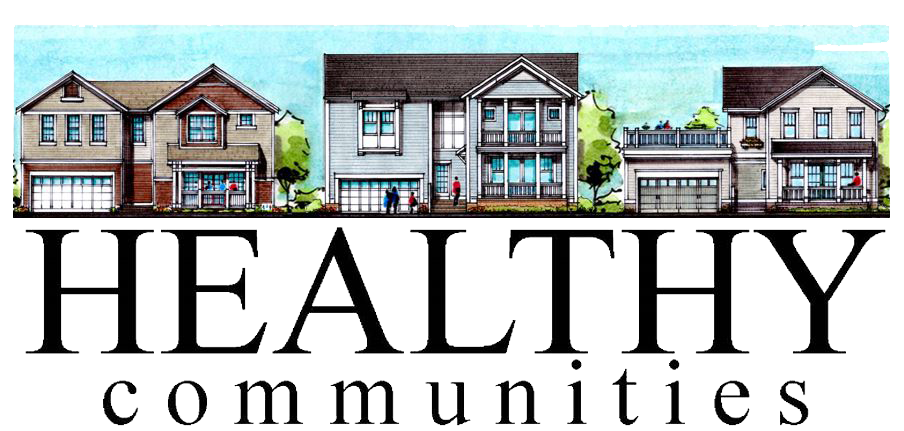Energy efficiency is one of the top features homeowners request. As energy prices go up and climate change worsens, most people are looking for homes that cut down on the amount of energy they use. One of the best ways to achieve this is by buying or building a zero energy home in Williamsburg, VA. Zero energy homes aren’t just energy efficient—they also produce renewable energy. When done right, they produce as much energy as you consume, so you have a net zero energy bill by the end of the year.
Read on to learn more about zero energy homes and which requirements a home has to meet in order to qualify.
What is a zero energy home?
A zero energy home uses insulation, solar panels, geothermic heating and other sustainable practices to reduce your home’s carbon emissions and energy usage. You can either retrofit an existing home or you can build a new home with this purpose in mind.
The first step is insulating your home, including the foundations and attics. The better your insulation, the less likely hot air will escape or intrude into your home. This sealed “building envelope” ensures that your air conditioner and heater won’t work overtime to cool and heat a leaky building. Most of the time, plastic foam insulation is the best way to accomplish this goal. Many homes also use energy-efficient windows, doors and seals to prevent heat transfer. An added bonus: the better your insulation, the more soundproof your home will be.
Next, you’ll need to set up ways to generate electricity. This offsets your energy usage and ensures that your home can produce its own energy. Depending on your power company, you might even receive credits for excess electricity production. This reduces your carbon footprint and reliance on fossil fuels.
Zero energy homes also use energy-efficient appliances, including HVAC systems or geothermal heating. Good indoor air quality is essential for health, so planning for proper ventilation and filtration is part of the zero energy setup.
Finally, zero energy homes use environmentally-friendly, sustainable materials, from the frame to the carpeting.
Benefits of zero energy homes
Obviously, the two biggest benefits of zero energy homes are the lessened impact on the environment and the money you’ll save on your utility bills. Although you can expect to pay a bit more at the outset, the long-term savings will more than make up for the initial costs. If energy costs continue to go up, you’ll be protected from rising prices.
Another great benefit—besides the health and environmental bonuses—is that your home will automatically have a higher resale value. Although your home will last longer on average than similar modern homes, you may need to sell someday. If you do, you’ll get a better return on your investment.
Thinking about buying a zero energy home in Williamsburg, VA? Reach out to Healthy Communities to learn more about our options and arrange a consultation to discuss your needs. We look forward to working with you!
